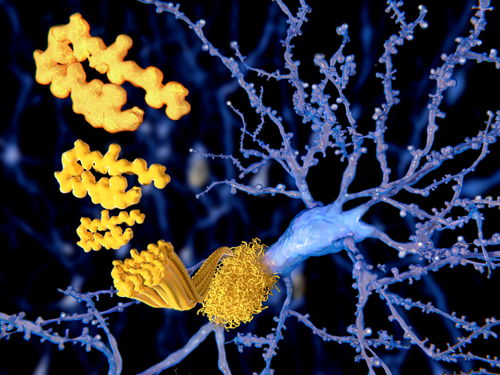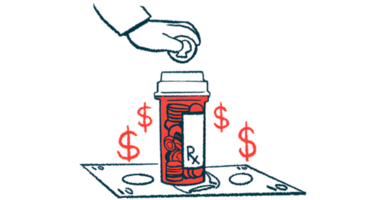Parkinson’s UK Continues to Support Keapstone’s Quest to Develop Treatments for MND and Parkinson’s

With its recent award of £1 million (about $1.3 million USD), Parkinson’s UK continues to invest in Keapstone Therapeutics, bringing the biotechnology company closer to developing treatments for Parkinson’s and motor neuron disease (MND), it was announced.
Keapstone officials also hope the funding, which will go toward specific preclinical packages, will attract further investment. Its focus is developing a disease-altering therapeutic approach to the diseases.
With an initial investment of £1 million (about $1.3 million USD), Parkinson’s UK and the University of Sheffield established Keapstone last March to create treatments for Parkinson’s. In addition to funding, the university contributes its research. So far, Sheffield-based Keapstone has secured £2.4 million (about $3.1 million USD).
“Keapstone was the very first company that we helped launch as part of the Parkinson’s Virtual Biotech program to accelerate promising research and bring forward better treatments or a cure for Parkinson’s,” said Arthur Roach, director of research at Parkinson’s UK.
“We are very pleased with the progress of Keapstone’s work so far, and we are hopeful that these molecules could be the key in creating treatments for Parkinson’s that could slow or even stop the progression of the condition.”
Join the Parkinson’s forums: an online community for people with Parkinson’s Disease and their caregivers.
Keapstone aims to use proprietary chemistry and biology to deliver certain molecules that can penetrate the central nervous system and target disease-modifying mechanisms. These compounds inhibit a molecule known as KEAP1 and activate Nrf2 signaling, which can protect neurons from Parkinson’s and MND, also known as amyotrophic lateral sclerosis (ALS).
Parkinson’s affects approximately 145,000 people in the UK and nearly 7 million globally. Existing Parkinson’s treatments only help manage symptoms.
Parkinson’s Virtual Biotech, the drug discovery and development arm of Parkinson’s UK, aims to build a portfolio of studies worth £11 million (about $14.4 million USD) by 2020. So far, it has invested £1.2 million (almost $1.6 million USD) in research to create drugs that could alleviate symptoms and slow the advancement of Parkinson’s.
Parkinson’s UK is a nonprofit organization that promotes better care, treatments and quality of life for Parkinson’s patients. It has invested more than £85 million (about $111 million USD) in research. Currently, Parkinson’s UK is funding about 50 projects investigating everything from gut bacteria to stem cells.






